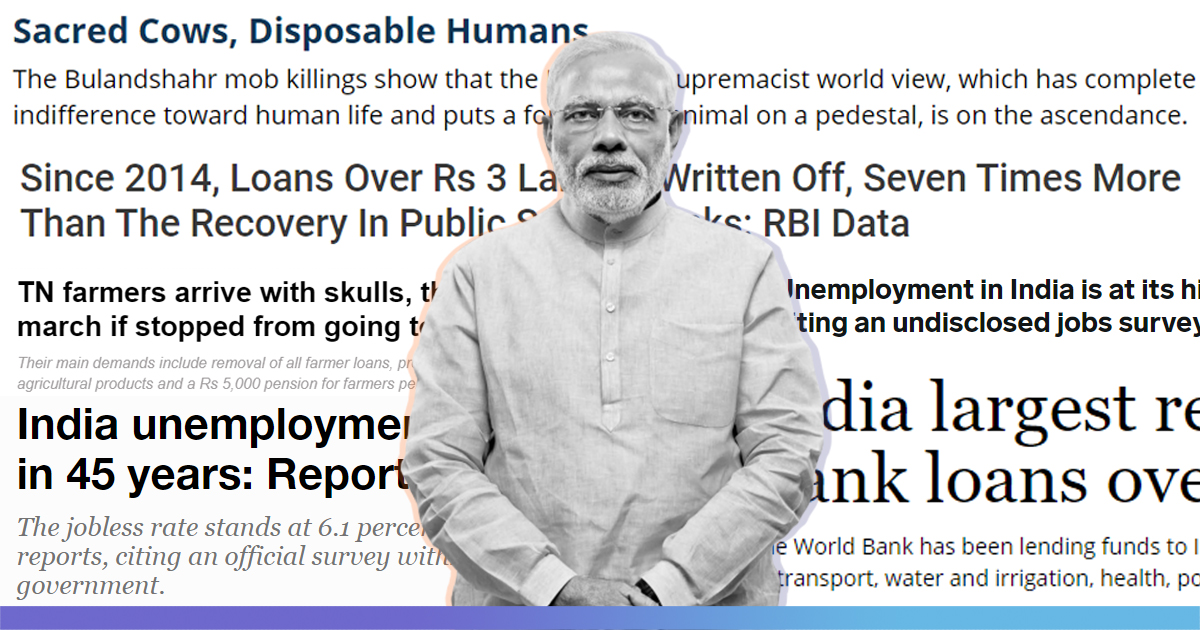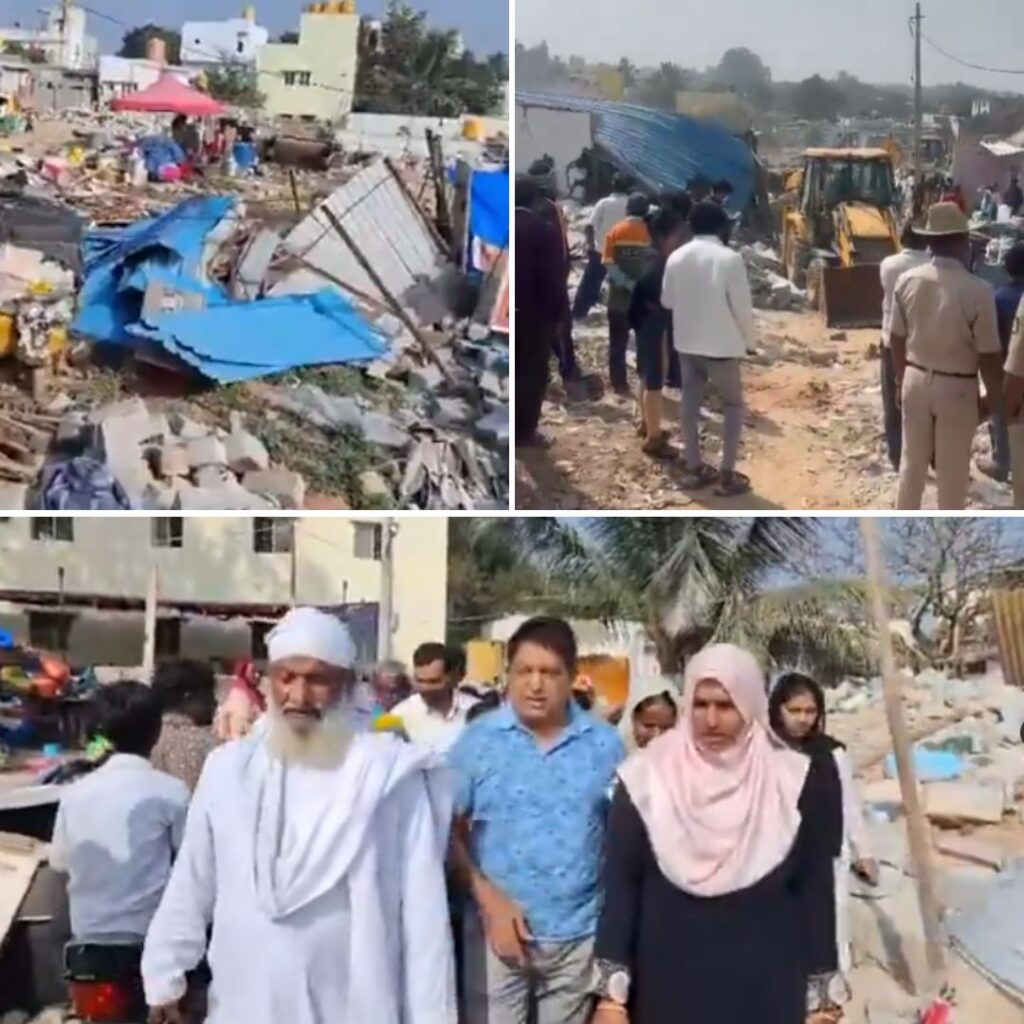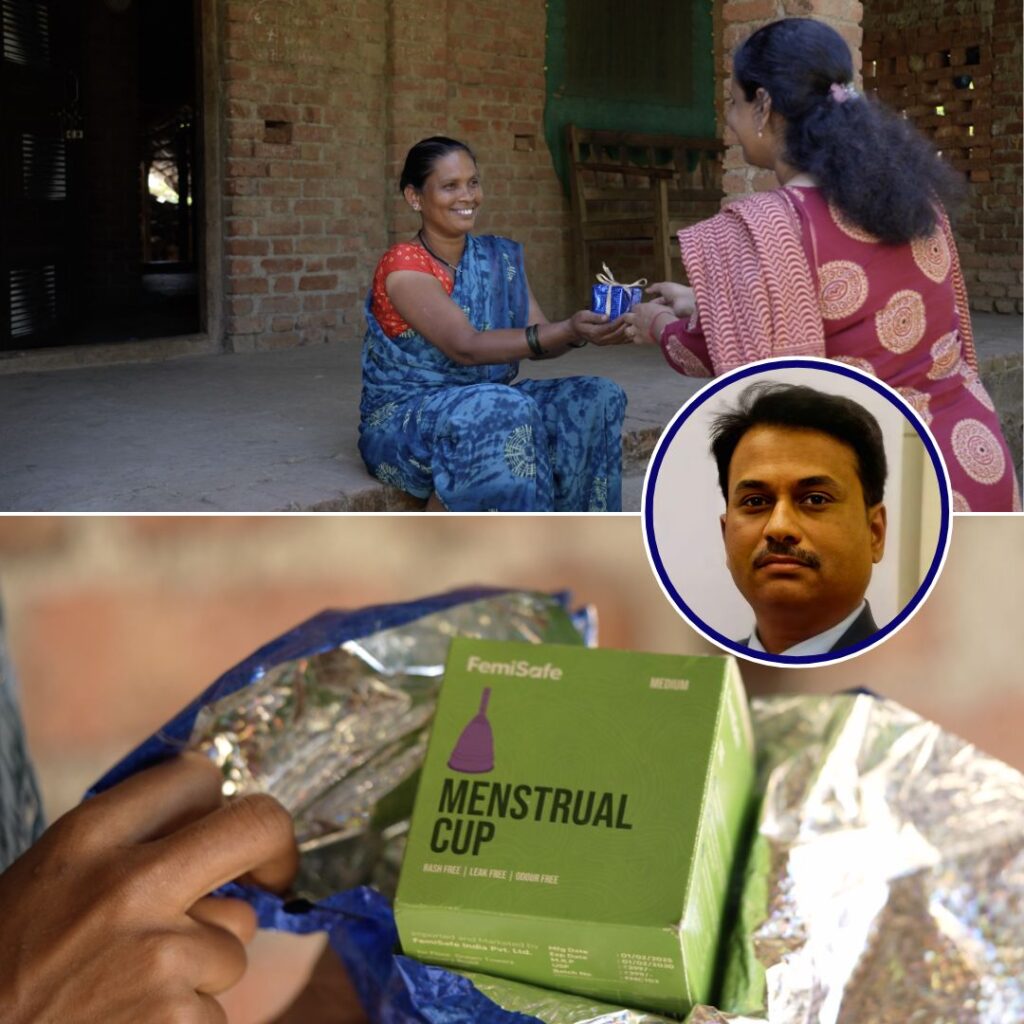“Pakistan announced they would return the pilot (Wg Cdr Abhinandan) on the second day, else it was going to be a ‘qatal ki raat (a night of slaughter)’.”
“Pakistan used to give nuclear threats. What do we have? Have we kept it for ‘Diwali’?”
These are two of the major instances of Prime Minister Narendra Modi invoking the anti-Pakistan and war mongering stance during campaigning for the 2019 Lok Sabha elections. PM Modi has come under the scanner and has been at the receiving of severe criticism for making Pakistan the central theme for the elections. In this bargain, issues like jobs, education and healthcare have taken a backseat.
So how did a country which is almost a fourth of India’s size and is six and half times smaller in terms of population, is influencing the politics of the world’s biggest democracy?
Pakistan and Indian politics
It is a known fact that the ruling government has approached a more ‘muscular’ approach in matters dealing with security. And no occasion has been spared by party workers to leverage this to gain political mileage.
PM Modi and other BJP leaders have made appear as if Pakistan is the one and the sole reason stopping India from becoming a superpower. Pakistan’s obsession with India and her matters has been no secret. However, while India has been displaying a keen interest in the neighbouring country, this has almost reached almost an outrageous heights in the recent time.
This seems to be a strategy which Modi has used even in the past. In 2012, the then CM of Gujarat, Modi alleged that PM Manmohan Singh was about to give Sir Creek in Gujarat (on the border of India-Pakistan) to Pakistan as per a deal. The UPA government of that time had refuted this allegation. In 2017, when Modi had already assumed the Prime Minister’s office, during the Gujarat polls said that Pakistan was trying to interfere in the state’s election.
Even his party members are not far behind, from Amit Shah saying nation needs Modi to give Pakistan a ‘jaw-breaking’ response, to UP CM Yogi gloating how Pakistan and China cannot afford its misadventures under BJP rule. Not just them, the anti-Pakistan rhetoric has found constant presence in speeches and addresses of most leaders. We could have afforded to ignore it, but we cannot since this very thing is the only thing which is now talked of. Other important issues seem to have taken a permanent backseat.
Using the Army’s laurels as that of his own
PM Modi has been accused of using our valiant army’s feats to further his own agenda. Several notices and warnings have failed to deter Modi and his party leaders from using Armed forces in election campaigning.
The recent one being Amit Shah referring to Indian Air Force as Modi’s Air Force. In a rally in Krishnanagar, West Bengal on April 22, Amit Shah said, “Forty-four of jawans were martyred in Pulwama terror attack. Earlier, nothing used to happen after such incidents. Narendra Modi ordered ‘his Air Force’ on the 13th day and our aircraft blew the terrorists to pieces in Pakistan”.
Invoking anti-Pakistan and pro-war stance seems to work
The major criticism against the previous UPA government has been its alleged ‘soft’ stance on terrorism. The major example raised is that of the restraint shown by the then PM Manmohan Singh’s after the 26/11 Mumbai attacks.
In contrast, aggressiveness portrayed by the present government so publically seems to have resonated with a large chunk of our population. To think that this pro-war sentiment is unique to India would be a naive presumption to make. Dr Steve Taylor, a psychology lecturer at Leeds Metropolitan University, in an article written for The Guardian, titled “Why do human beings keep fighting wars?”, explains the psychology behind this.
Dr Taylor writes that while wars are generally initiated by governments and not by population, it is striking how willing is public to support them. Quoting American psychologist William James, Dr Taylor wrote that war is so prevalent because of its positive psychological effects. “It brings a sense of cohesion, with communal goals, and inspires individual citizens (not just soldiers) to behave honourably and unselfishly, in the service of a greater good. It supplies meaning and purpose, transcending the monotony of everyday life. Warfare also enables the expression of higher human qualities that often lie dormant in ordinary life, such as courage and self-sacrifice,” says the article.
Going by Dr Taylor theory, the warmongering is also working in our country as citizens across the country are discussing the Balakot air strike but not the Pulwama attack. No one is asking the question of how the Pulwama attack, which killed over 40 of our CRPF jawans, took place or is aware if any culprit has been caught. People too are also accepting any narrative which is being fed to them. Take the example of Modi’s recent speech at a rally in Bengaluru where he made a dubious claim of no terror attack taking place under “Chowkidar’s Chowkidari”. A lot of people have fallen to it despite a major attack like that of Pulwama taking place just two months back.
What areas require immediate attention?
While the country’s security is and will continue to remain a topic of utmost importance, other issues like employment, education, economics and welfare of minority and marginalised communities deserve equal attention. If one were to analyse the five years of BJP-led government in the country, one could observe that the aforementioned issues have received little attention. Unemployment being one of them. Despite BJP contesting the 2014 election with the promise of increasing employment, five years later, these claims seem to have fallen flat. Various reports have substantiated it. A report which quoted the National Sample Survey Office (NSSO) findings said that during 2017-18 India’s unemployment rose to 6.1%, the highest in 45 years.
The Modi government has also been accused of withholding important studies, including those of unemployment. In fact, in January, two independent members of the National Statistical Commission (NSC) resigned, allegedly over government’s failure in publishing a report on employment.
Confidence in several public sector units (PSUs) like HAL, BSNL and ONGC has also dwindled over time. These PSUs have performed poorly, incurred heavy losses, or have been unable to pay salaries to their employees for months, or have been facing all of the above.
Defaulting on loans, Non-performing assets and the inability of banks to recover loans is another ball game altogether.
The other issue which has been quite characteristic of the BJP regime is the brutality meted out to minority. Cow vigilantism and mob lynching at the slightest provocation and sometimes none at all, has been on a rise. An analysis by IndiaSpend revealed that from just one incident of cow-related violence in 2012, the number has jumped to 31 incidents in 2018. The main victims of these crimes are reportedly Muslims and Adivasis.
What also works against PM Modi and his government is the fact that its refusal and adamancy against facing difficult questions. PM Modi, apart from various other titles, also holds the unique distinction of being the only Prime Minister in the history of the country to not have faced a press conference. The few interviews given to purportedly ‘government-friendly’ media houses have been dubbed as a sham.
The onus lies on us, the public
To completely blame the government over not talking about these pressing issues would not be entirely right. The fact that the whole election is now being contested over a neighbouring country and about going on a ‘war’ with it is because this is what resonates with a large part of the public.
‘Revenge’, ‘fighting back’ and ‘giving a befitting answer’ are some phrases which invoke a certain excitement, especially when you don’t have to do anything, apart from acting as a cheerleader. The political parties and leaders are just playing into that emotion. We are being supplied exactly what is being demanded for.
So unless we start demanding for accountability, jobs, equality and stability, it will not be provided for us. The least we can do is to demand leaders to talk on issues that matter. In the past few years, also a change has happened in the way supporters are perceiving their political parties. Instead of working to see a consistent improvement in their parties, they are defending even the wrong decisions by them. The change won’t come until all of us work towards it including the political parties supporters and members.
Also Read: Has PM Forgotten That He Is A Member Of BJP And Not The Indian Army?












